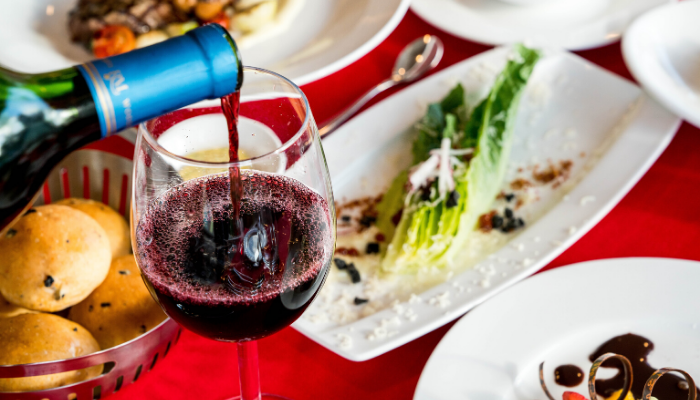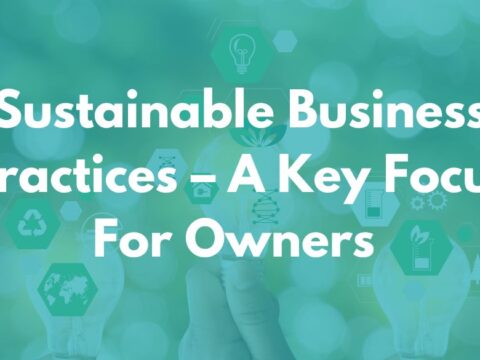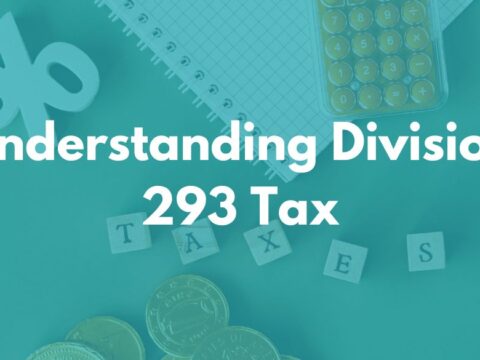Eat, drink and be merry… just don’t tax me on it
By Mark Copsey, Partner at Allworths
There are two things no one will deny at the moment; Australia’s need for economic recovery and that hospitality is one industry that will need our support more than most. Of the 1+ million Australians who have lost their jobs due to the pandemic, a high percentage were from hospitality. These people may be getting by thanks to government support at the moment, but the best way forward for our economy (and our government debt) is to get them back in jobs as soon as possible.
Obviously, business owners will only employ as many staff as they need, so we need to see tables at restaurants, bars and cafes filling up. For a smooth transition off JobKeeper and JobSeeker payments, the government needs to incentivise people to spend.
That being said, if politicians are serious about stimulating the economy and getting the hospitality industry back on its feet, a very simple solution would be to abolish Fringe Benefits Tax or “FBT” on what we in small business call entertainment expenses.
The FBT system is already considered very inefficient. I bet most clients spend more money paying their accountant to work it all out than they do on the actual FBT liability. Just calculating it takes 7 tedious steps:
- Decide what type of entertainment the purchase is: on site, off site, alcohol, no alcohol, clients or staff
- Decide what accounting method to use: base it on the number of guests or use the 50/50 method
- Decide between one of two formulas, depending on the GST rate
- Gross up the amount
- Multiply it by the FBT rate
- Decide if they should claim GST
- Work out if it is tax deductible
Let’s take a look at an example… Say you take a colleague and a couple of clients out for lunch to discuss the client’s business. You go to a nice restaurant, have a meal and accompany it with some wine. The bill comes to $1,000, which is easy to do with a few good bottles of Australian Red. Taking into account the FBT payable, loss of GST and tax deductions, but allowing for the tax benefit, the $1,000 meal actually costs a company employer about 80% more than if the FBT, income tax and GST rules were not designed to penalise entertainment costs!
This article suggests that if that lunch instead cost what it should, around $659 after tax, then a lot more people would be queing up to help fill tables in venues across the city.
So, if you want to incentivise me and other business people to go out and fuel the restaurants, drop the FBT. Let me claim all the GST and give me a tax deduction. Then I’ll be more willing to go out and stimulate the economy.
Plus, the best sharing of ideas and business meetings are done face to face over a good meal and bottle of wine. And encouraging that in itself, is another way to stimulate growth.
With the abundance of beef and barley we are going to have while China plays out their threats to our economy, we’ll need an incentive to go out, eat, drink and be merry.




